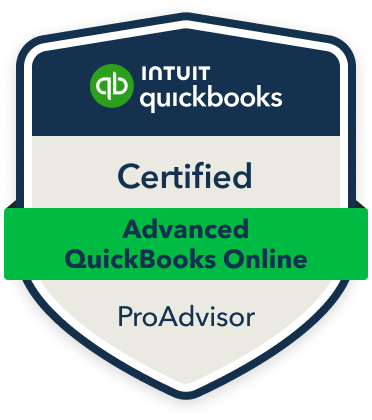Ecommerce Tips For Success
This guide on ecommerce tips for success is designed to simplify and clarify the essential aspects of running an online business, focusing on pricing, marketing, sales tax compliance, and tax planning.
What Ecommerce Tips Are In The Guide?
This guide provides valuable ecommerce tips for managing an ecommerce store and succeeding in the competitive world of online business.
In it we cover:
- Effective Pricing Strategies
- Optimizing Marketing Spend And ROAS
- Comprehensive Sales Tax Management
- Advanced Tax Planning Techniques
- Integrating Sales Tax Software
- Building A Strong Brand Presence
- Mastering Multi-State Tax Compliance
- Expert CPA Insights For E-Commerce
Submit the form to download your free copy now.

Who Is The Ecommerce Tips Guide For?
This guide is a valuable tool for anyone involved in e-commerce, tailored to both newcomers and experienced business owners.
Starting Your E-Commerce Journey?
If you’re new to e-commerce, this guide provides the essential knowledge to start on the right foot. Learn to sidestep typical errors and build a strong foundation with expert advice on pricing, marketing, and tax strategies.
Experienced in E-Commerce?
For those already in the e-commerce field, our ecommerce guide brings new perspectives and tested strategies. Enhance your business with actionable insights, focusing on effective pricing, advertising efficiency, and streamlined tax handling.
Download The Ecommerce Success Guide Now
FAQs
Answers to some of the common questions and answers for ecommerce. If you’re still sitting with questions, get in touch with us.
To price products effectively in ecommerce, conduct thorough market research, understand your cost structure, and consider value-based pricing. Regularly monitor competitor pricing and be flexible to adjust your prices based on market trends and customer feedback.
Enhance customer engagement by optimizing your website’s user experience, offering personalized recommendations, and maintaining active social media channels. Regularly update your content and engage with customers through newsletters and promotions.
Key ecommerce marketing tips include leveraging social media advertising, investing in SEO for organic traffic, and using email marketing effectively. Also, consider influencer partnerships and content marketing to build brand awareness and drive sales.
Efficient ecommerce inventory management involves using automated inventory tracking tools, analyzing sales data to forecast demand, and maintaining a balanced stock level. Regularly review your inventory turnover rates and adjust your purchasing strategy accordingly.
For efficient shipping and logistics, negotiate with multiple carriers for the best rates, offer various shipping options to customers, and use a reliable order management system. Streamline your packing process and keep customers informed with tracking updates.


